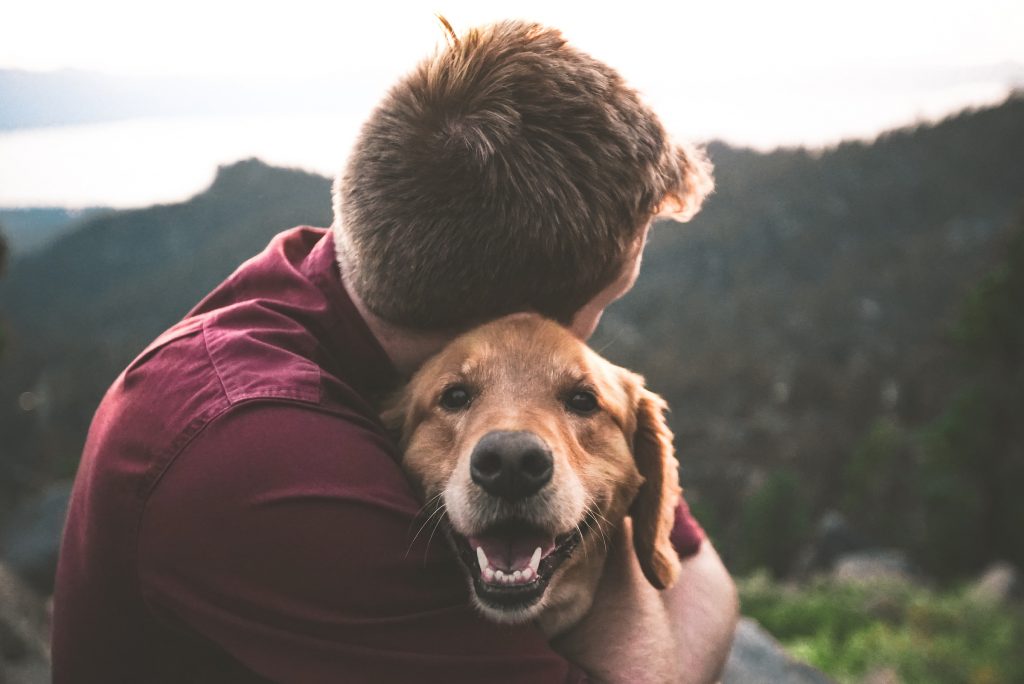
Addiction and mental health illnesses affect people all around the country on a daily basis. Many people find it difficult to reveal their addiction to their peers and ask for treatment. Others may be lost as to where to begin. Some recovered addicts are hesitant to go through their issues in a traditional therapeutic setting.
Experiential therapy brings addiction treatment into the creative studio, the great outdoors, and other environments. But what exactly is it?
What is Experiential Therapy?
Experiential addiction treatment is a method of addressing addiction difficulties that includes you in therapeutic activities and experiences. Instead of discussing your issues, it encourages you to participate actively in events supporting healing and rehabilitation. It’s very much an active approach to overcoming addiction.
Consider things like outdoor trips, creative projects, and even working with horses. These experiences are crafted to assist you in exploring your emotions, increasing self-awareness, and developing essential life skills.
It’s a viable choice if you’re looking for a therapy that goes beyond typical counseling and actively incorporates you in your recovery path.
Popular Types of Experiential Therapy
Experiential therapy includes various treatments involving people in therapeutic activities to foster personal healing and growth.
Here are some popular types in practice:
- Art Therapy
Art therapy is based on the notion that artistic expression can promote healing and mental health.
People have relied on the arts for relations, creativity, and healing for countless years.
Art therapy’s purpose is to use the creative process to assist folks in exploring self-expression and, as a result, discover new ways to obtain personal insight and create new coping abilities.
Techniques include collaging, doodling, painting, sculpting, and drawing.
- Role-Playing

Acting and role-playing allow you to experience several viewpoints and situations concerning addiction and recovery.
Realizing the value of roleplaying in recovery is critical for persons new to recovery. Individuals learn a variety of new abilities that they can apply in their daily lives during treatment. They will discover new coping methods and stress management techniques that they obtain to pinpoint their triggers.
They can directly apply the concepts they are learning to actual events through roleplay. This can assist in reducing fears and anxiety over life after treatment.
- Writing
Creative writing can help people who are battling with addiction since it gets to the bottom of the problem.
This writing style has a soothing effect, helping the writer to release bad feelings or thoughts that might have been suppressed for a long time through writing poetry or tales.
Negative sentiments, traumatizing events, as well as other highly emotional situations, if not handled, can have a negative impact on physical health.
- Equine

Horse therapy is just one of many effective experiential therapies for addiction treatment.
Addiction and mental health concerns have been demonstrated to benefit from horse therapy. Horse therapy has been proven in several studies to be more successful than typical talk therapy in treating alcoholism.
Understanding what to expect from an equine therapy program is crucial before beginning. Group settings are typical for equine therapy sessions. Usually, the group gets together for one or two hours once a week.
The therapist will lead the group through various activities using the horses during the session. Grooming, guiding, and riding the horses are a few examples of these workouts.
- Canine

Another type of animal-assisted therapy (AAT) is canine therapy. A dog is the most often utilized animal in AAT for those with substance use disorders (SUDs).
Having therapy animal interactions during SUD treatment can help patients feel more at ease with their counselors, have less anxiety, and have a higher likelihood of making a full recovery from their condition. Animals have the power to reduce emotions of loneliness, promote physical activity, and foster hope for a full recovery.
Activities involving dogs include feeding, chatting, brushing, petting, playing, and training, among other verbal and physical interactions. Dogs assist patients in gaining self-esteem, setting boundaries, and developing trust. Additionally, it has been shown that socializing with therapy dogs aids in the restoration of the brain’s normal neurochemical pathways.
- Wilderness
One kind of experiential treatment is wilderness therapy. People engage in various outdoor activities during wilderness therapy exercises, including team games, zip lines, outdoor trips, and other recreation. It’s crucial to remember that wilderness therapy is carried out under the supervision of a licensed and trained therapist.
Utilizing the experience of participating in these activities to achieve a therapeutic goal is the purpose of wilderness therapy. People acquire social and cooperative skills when they are placed in risky situations. The specific risk involved in wilderness therapy is not intended to be harmful or unsafe; rather, it is meant to push the individual to consider and develop an understanding of their thoughts and emotions about the problem.
Other wilderness therapies involve backpacking, ziplining, farming, and gardening.
- Adventure

Another kind of wilderness treatment that takes place outside is adventure therapy. Programs for adventure therapy emphasize outdoor activities and adventures.
The majority of adventure therapy exercises include taking risks that will be beneficial for treatment. These dangers, such as hiking and rock climbing, might be psychological or physical. Adventure therapy includes rafting, hiking, canoeing, rock climbing, mountain biking, and skiing, among other sports.
The difference between adventure and wilderness therapy is that ropes courses and other man-made, difficult adventures are used in adventure therapy to teach appropriate behavior management. The difficulties that may develop outdoors, such as while hiking or building a fire, are more of a focus of wilderness therapy.
How Does it Benefit Addiction Treatment?
From art and equine-assisted therapy to wilderness and adventure therapy, experiential therapy provides a wide range of treatments that engage people differently to manage addiction. Programs exist that allow you to enter a casino under supervision. However, they may cause triggers. Resolving these triggers demonstrates to patients that they can succeed. Successful implementation of experiential therapy is possible in a supervised setting.
Addiction has far-reaching impacts, and treating it with the same therapies repeatedly can lead to a lack of creativity and, eventually, poorer success rates overall. Experiential therapy may be effective with a more comprehensive, evidence-based, and holistic treatment plan.
Choose the Treatment You Deserve with Milestone Health Center
Addiction is a real and serious issue. It has the ability to destroy families and ruin lives. However, you can overcome addiction and get your life back on track with the aid of experiential therapy.
Milestone Health & Wellness is a substance abuse rehab facility that offers addiction recovery services to clients. Both inpatient and outpatient drug addiction treatment programs are available at our recovery treatment facility.
Milestone also offers assistance to the loved ones and families of individuals battling addiction. Our treatment choices, including our inpatient rehabs and outpatient programs, are tailored to each client’s unique experience, even though our residential treatment plan will follow a similar route for each resident. Milestone is here to support you on your journey to recovery.
